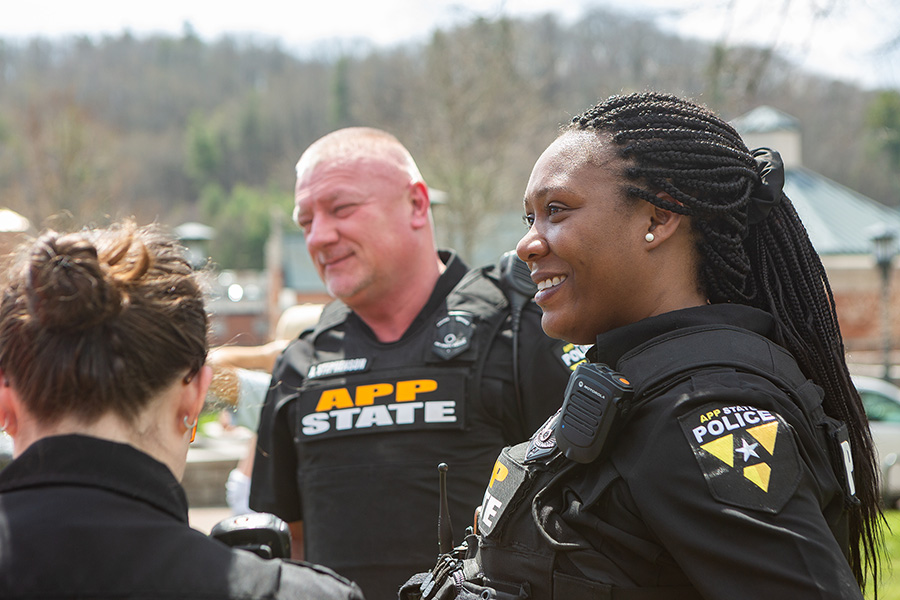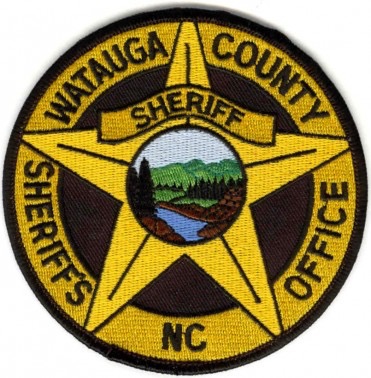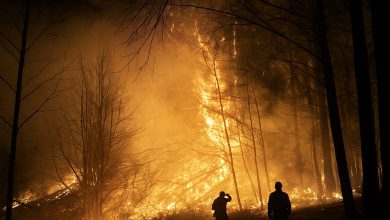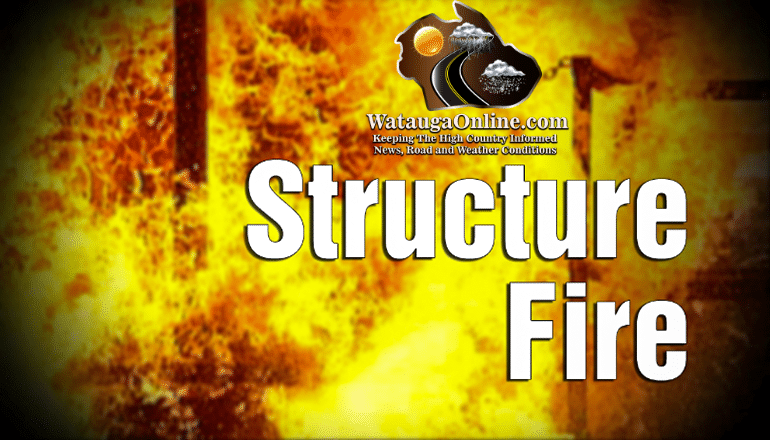
Last Updated on December 21, 2023 6:16 pm
BOONE, N.C. — As part of its continued efforts to strengthen campus safety, Appalachian State University’s Police Department will begin receiving 911 calls placed from properties on the university’s Boone campus. The service is slated to become operational in fall 2024.
“The health and safety of our university community remain top priorities at App State,” said App State Chancellor Sheri Everts. “Since my arrival in 2014, I have dedicated resources to ensuring our students have a safe and secure environment in which to live and learn, and our employees have the training and resources to foster a culture of emergency preparedness.”
Utilizing a contract with AT&T, App State’s Police Department (APD) will receive calls that are currently routed to the Watauga County public safety answering point (PSAP), facilitating a direct response to calls from university property by App State Police.
“While this is not a PSAP, this new initiative will allow for faster on-campus police response times for emergencies. This streamlined process will enhance safety and reduce liability on App State property,” explained App State Director of Public Safety and Chief of Police Andy Stephenson.
The university will not receive any revenue allocated by the state for 911 services. “We expect this new initiative to add to the overall emergency response infrastructure in Watauga County and the Town of Boone,” continued Stephenson.
App State employs 105 personnel in its police department; 62 are sworn officers and 43 are civilian staff.
“When calls are made directly to APD, it takes App State Police an average of one to three minutes to respond to any call on university property and they have keyed access to all university buildings, further reducing the time to enter a building that may be locked,” said Stephenson.
APD’s one- to three-minute response time is significantly faster than the average total response time that unfolds, for example, during an active shooter situation. According to ALICE Training, which provides schools with active shooter response training, a gunshot is fired in the U.S. every four to 15 seconds, and from the first sign of danger it takes, on average, two to three minutes until a 911 call is made. After the call is placed, it can take anywhere from 12 to 14 additional minutes for a 911 dispatcher to gather information from a caller and for officers to respond to the scene of the emergency and get in the door of the scene.
“App State has a nearly 125-year history of supporting the greater campus community with health and safety resources. It is important that we create and sustain a modern emergency response infrastructure that will sustain the university,” Everts said.
While App State is among the largest schools in the University of North Carolina System in terms of student population, it is among a shrinking group that doesn’t manage its own 911 calls. According to the UNC System’s vice president of safety and enterprise risk management, Fred Sellers, several UNC System institutions currently utilize some form of campus 911 call dispatch services, including UNC–Chapel Hill, NC State University, NC A&T, UNC Charlotte, East Carolina University and Western Carolina University.
App State is currently working to develop the needed infrastructure, and fiber optic networks are being installed to ensure redundancy in the 911 call system — creating a faster, more resilient communication system designed to withstand such disruptions as power outages and extreme weather conditions.
Next steps include continuing conversations with Watauga County and Town of Boone administrators, mapping the 911 call system with the county, extensive testing of the system and obtaining state certifications for dispatch staff, as well as determining the operations and logistics for redirecting any calls received by a center that is not in the geographical area.
“We’re still in the early stages,” said Stephenson, “but we’re looking forward to the benefits this will bring to the entire community.”



















